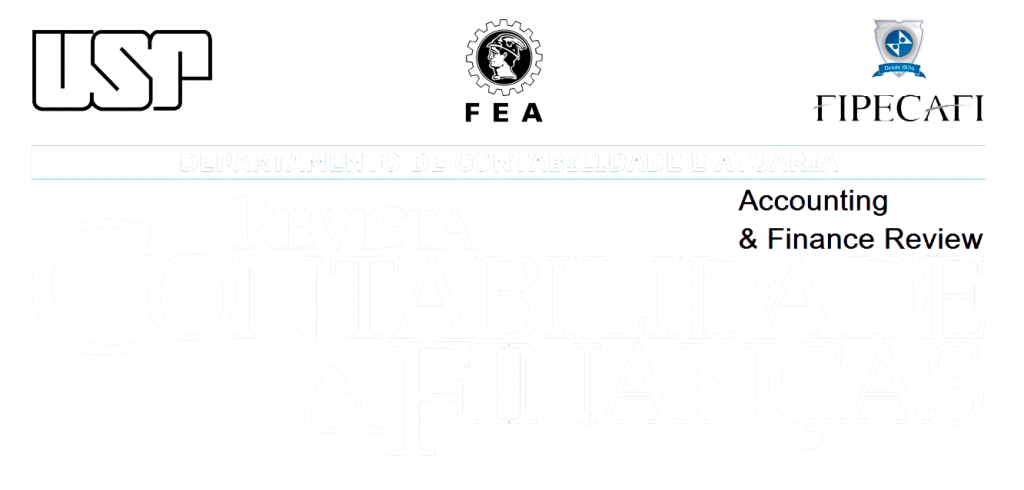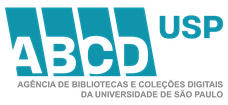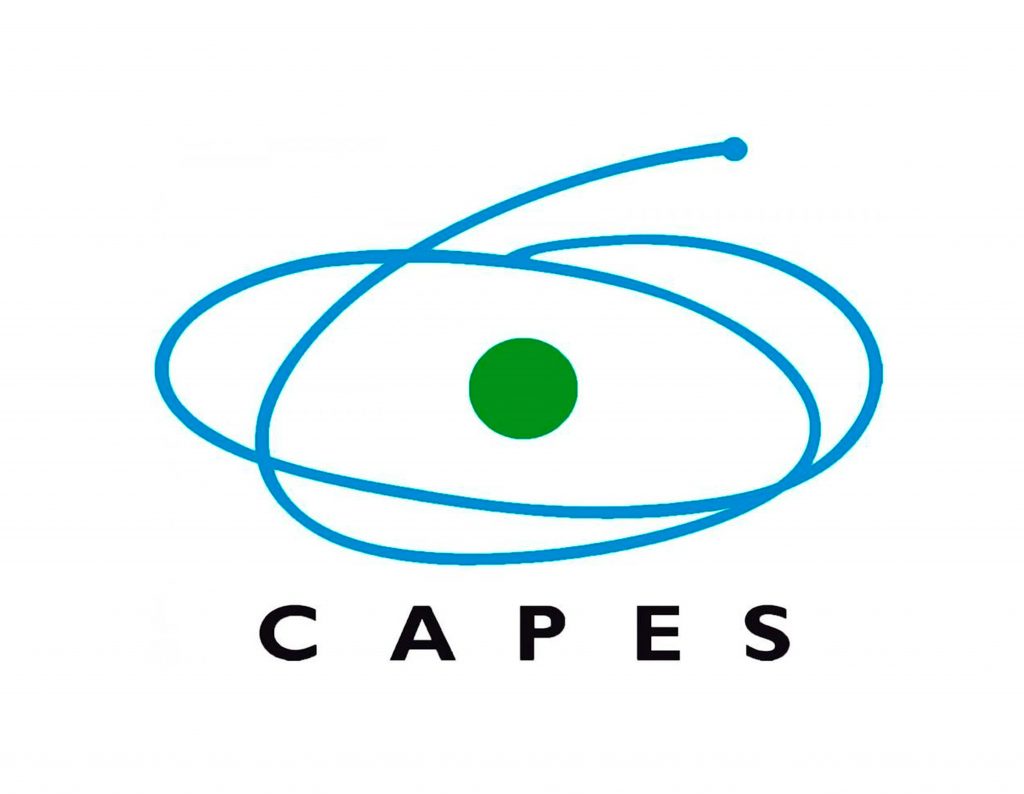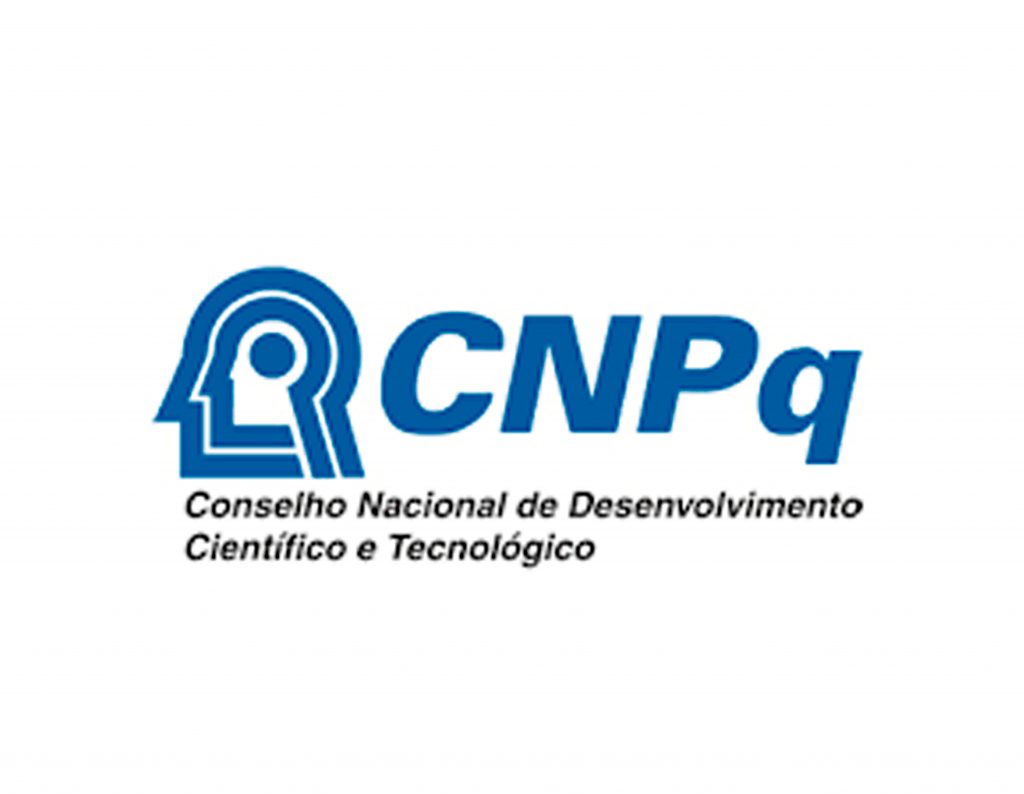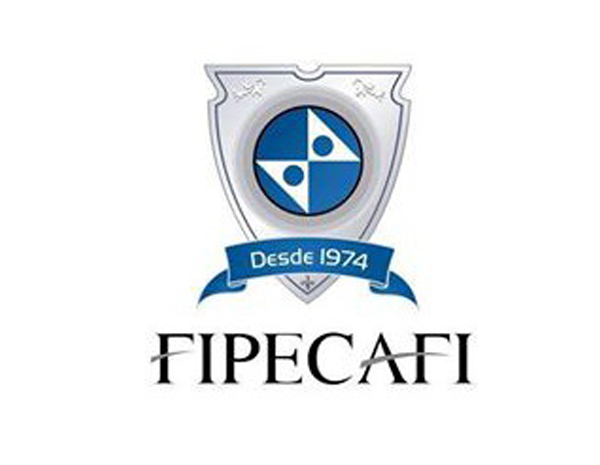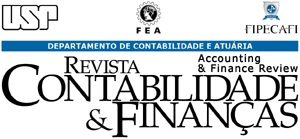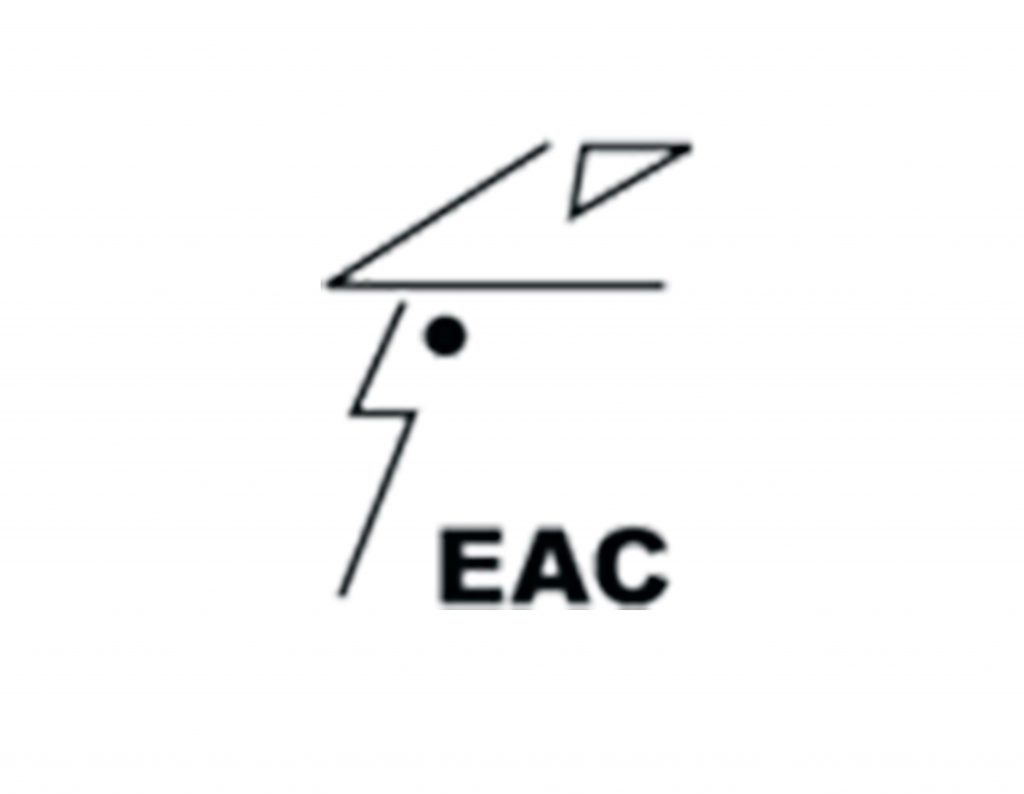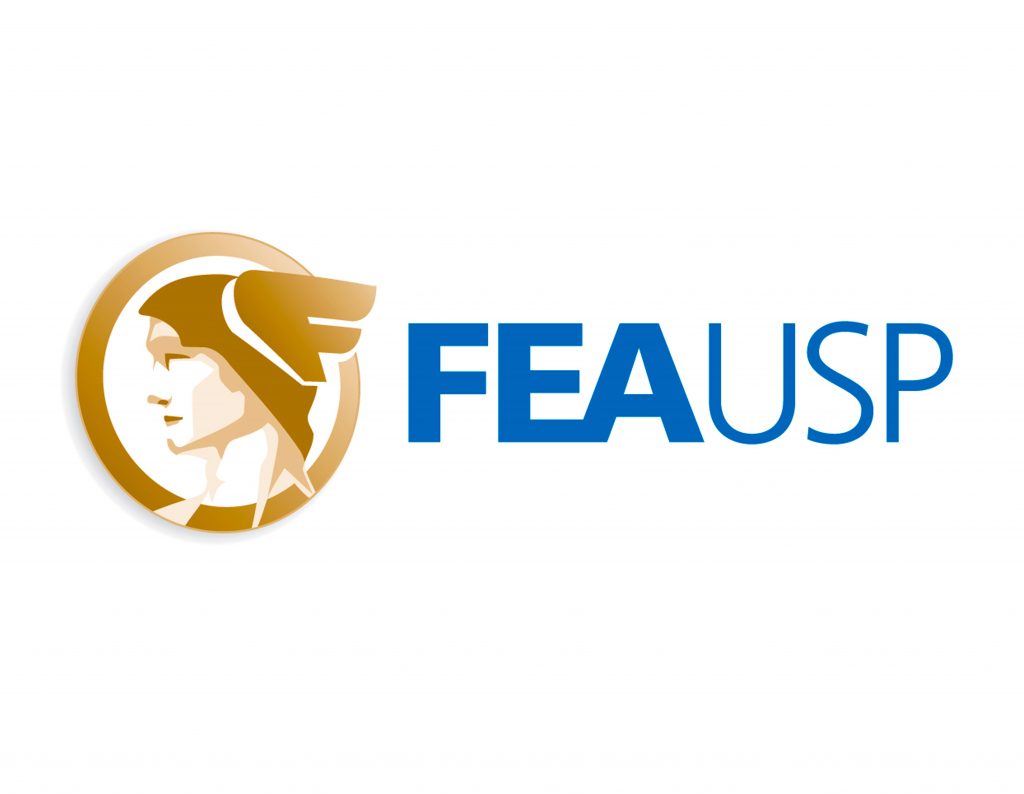2024 USP International Conference in Accounting Call for Papers for Special Edition of Accounting & Finance Review
Notice on Translation Funding
Publicado em December 12, 2023
Since 2012, the Accounting & Finance Review (Revista Contabilidade & Finanças – RC&F) has been published in both Portuguese and English all together, electronically. Additionally, RC&F also accepts articles in Spanish. In either case, RC&F has been responsible for translations from Portuguese to English, English to Portuguese, or Spanish to English, at no cost to the authors.
For articles submitted starting on January 12, 2024, RC&F will no longer provide translations. Instead, it will become the authors’ responsibility to cover the translation costs once the article is accepted for publication. Upon acceptance, authors must provide a translation certificate indicating that the translation service was carried out by a qualified professional. RC&F will continue to review all accepted articles to ensure the quality of its publications.
Recognition and Reflection Award of the Accounting & Finance Review (RC&F) - 2023 Edition
Published on August 14th, 2023.
Dear RC&F Community Members,
The Recognition and Reflection Award of the Accounting & Finance Review (RC&F) has once again occurred to highlight the top performances of the reviewers in 2022. In fact, it is a space dedicated to all RC&F reviewers, who are essential partners in a scientific journal. We thank to the reviewers for another year of generosity and effort.
As in previous years, the event took place during the USP Congress of Controllership and Accounting. The associate editors of our research lines had the opportunity to thank the reviewers for their contributions and to make comments on the process.
We had an eligibility criteria (to complete, at least, four reviews during the year), a classificatory criteria (compliance with the deadline) and a qualitative criteria (quality of opinions). At the end, through the blind review process, the associate editors chose the highlight of their line.
In this year, we had the following highlights:
Research line 1 – Management accounting and controllership
Carlos Eduardo Facin Lavarda
Orcid: https://orcid.org/0000-0003-1498-7881
Research line 2 – Financial accounting
Antonio Lopo Martinez
Orcid: https://orcid.org/0000-0001-9624-7646
Research line 3 – Financial market and companies/stakeholders integration
Flávio Luiz de Moraes Barboza
Orcid: https://orcid.org/0000-0002-3449-5297
Research line 4 – Education and research in accounting, finance and actuarial sciences
Samuel de Oliveira Durso
Orcid: https://orcid.org/0000-0003-0016-3611
Congratulations to all reviewers for their good job, especially to those who were awarded!
We thank you very much for your support and commitment.
Fábio Frezatti
Editor-in Chief
Accounting & Finance Review (RC&F)
Department of Accounting and Actuarial Sciences
School of Economics, Business Administration and Accounting
University of São Paulo (USP)
Condolence note

On March 14, 2023, Professor Gilberto de Andrade Martins passed away. Graduated in Mathematics and Master and Doctor in Business Administration, he was a professor at FEA-USP. He had a very important role in the Graduate Program of the Department of Accounting and Actuarial Science, bringing a quantitative experience to students and professors. In addition to being part of the Editorial Board of Revista Contabilidade & Financeira (RC&F), Gilberto Martins was also editor-in-chief of RC&F between 2009 and 2011, implementing changes in the journal’s graphic design, when it was still a print publication. Gilberto Martins leaves an important legacy to FEA-USP and to the scientific research in the field of accounting.
Calls for Papers
October, 29th 2021
Dear authors,
While striving to ensure it maintains its scope, the Accounting & Finance Review [Revista Contabilidade & Finanças (RC&F)] is also acting to adapt to changes in the environment, with a particular interest in articles on a variety of topics, without undermining the traditional themes of the area. That information is being materialized via what we call our “long-term call.”
The main stimuli for this action are: i) the frequent dissatisfaction with the distancing of the research from the realities of organizations; ii) as a result of the previous item, the frequent questions raised about the usefulness of the publications; iii) the occurrence of disruptive changes in the organizational environment, such as the extent of the digital transformation, which has created enormous space for research and publications; and v) the repetition of research on the same themes, with little innovation.
One of the causes of the aforementioned problems is that the researchers look through the “rear view mirror,” that is, at what has already been published. We see the chance for journals to instigate regarding research opportunities that editors identify and that may influence new research projects. For that reason, we have introduced the “long-term call,” the characteristics of which are:
- There is no closing date. We are looking for high-quality papers and time is a relevant variable. As soon as we perceive new opportunities, we will instigate the community with new calls.
- When we have enough articles, we will produce thematic editions, in addition to the regular ones, published in a fast-track way.
The associate editors have specified the themes they consider to be a priority in terms of articles they would like to receive by means of some examples:
Management accounting and controllership:
- The use of sources of innovative data in management accounting – e.g. the use of “big data” for decision making; the use of real-time information for performance management; the use and analysis of non-structured information, such as videos and texts; etc.
- The digital transformation and the role of management accounting – e.g. how the digital transformation affects management accounting and control systems; how management accounting and control systems influence the digital transformation of organizations; professional development: controllers vs. data scientists; etc.
- New forms of work and management control systems – e.g. distance working and management control systems; performance evaluations and incentive systems in intermittent and/or temporary contracts; the “uberization” process and the role of management accounting; etc.
- Sustainability and management accounting – e.g. the influence of ESG initiatives over management accounting systems; how management accounting can support and/or restrict initiatives linked to the SDG (sustainable development goals); etc.
- The social relevance of management accounting – e.g. how management accounting can engage with and influence the external regulation and governance of organizations; how management accounting influences and shapes the markets and the social consequences of that process; etc.
- The use of new technologies and management accounting – e.g. the use and implications of artificial intelligence in management accounting, the use and implications of blockchain technology in management accounting, the use and implications of advanced data analysis techniques in management accounting; acceptance of and barriers to the use of “black box” algorithms in the decision-making process; etc.
Financial accounting:
- Innovations in Accounting Theory – e.g. the basic conceptual structure; essence versus form; faithfulness; operational income or all-inclusive earnings models; comprehensive earnings; the creation of new classifications of accounting statements; the critical analysis of cost, replacement value, and fair value assessments, with nominal and corrected values; accounting statements with multiple measurement criteria; pro forma statements, combined statements; proportional consolidation; the contribution of accounting to valuations; the critical analysis of and innovations in asset and liability recognition; prevalence: competence or definition of assets and liabilities; past performance versus projections; improvements in the concepts of asset, liability, revenue, and expense; discount rates; accounting in cases of discontinuity; different accounting for different-sized companies; disclosure; concessions; social balance sheets (human resources, ESG, added value); operational, financial, and other risks; materiality and relevance; non-financial indicators; goodwill (assets and liabilities); etc.
- Critical analysis of the international accounting standards – e.g. problems derived from the replication of consolidated statement criteria for individual statements; executory contracts; capitalization of usage rights, limits of essence over form; intangible assets – recognition and measurement; human capital; the critical analysis of the concept of nominal income; analysis of “operational” income, accounting recognition of financial instruments, debt and equity securities, separate statements, income statements by function versus by nature, transactions among jointly-controlled entities; POC versus hand over of keys in real estate activities; contingent assets and liabilities; fair value measurement and discount rate; revenue recognition; disclosure; disclosure of hedge accounting risks; concessions; inflation accounting; etc.
- Creativity in balance sheet analysis – e.g. improving integrated performance evaluation models; the contribution of debt to company value; performance evaluations versus future forecasts; indicators versus reading; the critical analysis of performance, liquidity, and other indicators; the effects of inflation; the use of value added statements; risk analysis; the effect of accounting standards on balance sheet analysis; standard indicators; a different functional currency from the real; introduction to valuation; goodwill of liabilities; etc.
- Sustainability – e.g. contributions of accounting to joint projects regarding the SDG.
Financial market and company/stakeholder integration:
- Entrepreneurship – e.g. the impacts of financial concepts seen as supports and restrictions on entrepreneurship.
- Risk analysis – e.g. non-traditional environments.
Education and research in accounting, controllership, actuarial science, and finance:
- Social, ethnic-racial, and gender inclusion – e.g. accounting, actuarial, and financial education and social, ethnic-racial, and gender inclusion.
- Digital transformation in the educational environments of accounting, finance, and actuarial teaching.
Actuarial science:
- The post-pandemic world
COVID-19 has changed the world; its effects will be felt for a long time, perhaps forever. Every organization, government, and individual has had and is still having to adapt to this new reality. Against this backdrop, uncertainty and risk play a prominent role. This challenging environment has also created a promising agenda for research in actuarial science, which warrants exploring. A non-exclusive list of topics includes, for example:
- Demographic changes, with alterations in mortality, fertility, and migration patterns;
- Impacts on public and complementary health;
- Impacts on the insurance and reinsurance sector, particularly on life insurance;
- Impacts on basic and complementary pensions;
- Changes in social security structures;
- Impacts on finance and investments.
- Climate change
Climate change is quite complex. It changes risks and creates new ones, requiring skills from actuaries in building risk management scenarios, for the insurance sector, financial institutions, governments, and individuals. The impacts will be heterogeneous, unevenly affecting regions and the different generations. In light of the above, new research opportunities have emerged in the actuarial area. A non-exclusive list of topics includes, for example:
- Global warming, extreme events, and natural disasters, such as floods, cyclones, fire, etc.;
- Changes in weather event patterns;
- Transition risks.
Research developed within the Hispanic environment:
The opportunities identified in the other lines fall within this one, including comparative studies between countries.
Finally, I wish to stress that we will continue to receive and process articles that use the current approaches with the same dedication and interest.
Best regards,
Fábio Frezatti
Editor-in-Chief
Revista Contabilidade & Finanças
